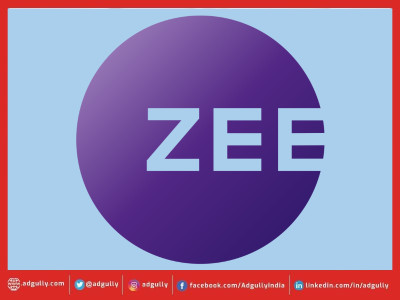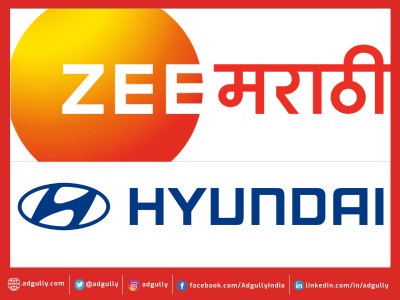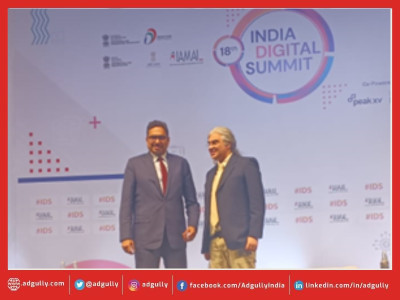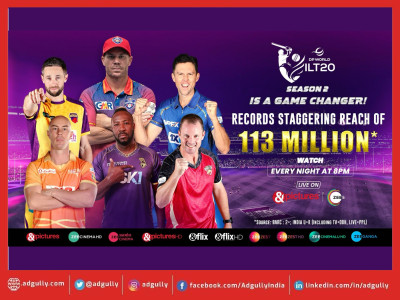Minimal regulatory barriers & technology cornerstone of OTT growth: ZEEL
Zee Entertainment Enterprises Ltd (ZEEL) has stressed on low entry barriers for new entrants, minimal regulatory barriers and technological advancement as being the cornerstone of growth of the OTT sector for investments, innovation and consumer interest. The media conglomerate stated this while commenting on behalf of its digital video-on-demand OTT business, ZEE5, to TRAI’s Consultation Paper on Regulatory Framework for Over-The-Top (OTT) Communication Services.
While noting the significant role played by Telecom Service Providers (TSPs) in making the Internet-based services available to the last mile user, ZEEL said, “We strongly feel that with constant technological advancements and innovation, OTT services are poised for growth. We advocate complete forbearance on any kind of regulatory framework by the Authority.”
Replying to the question on whether the services provided by OTT service providers should be regarded as the same or similar to services being provided by the TSPs, ZEEL submitted that OTT service providers were intrinsically distinct from network providers like TSPs and ISPs, though some of the services by OTT service providers such as VoIP, video calls, text messaging, etc., might overlap with TSPs. It also noted that to a large extent, TSPs controlled the underlying broadband Internet access infrastructure and thus controlled the delivery of OTT service to the last mile user by controlling Internet access and connectivity.
At the same time, ZEEL affirmed that any attempt to regulate OTT service providers when they are already in a disadvantageous position will result in a fragmented regulatory approach towards Internet as a sector.
Commenting further on the differences between TSPs and OTT services, ZEEL pointed out, “OTT services and Internet-based applications are not generic in design. Most of the solutions offered by OTTs and other Internet-based applications are customised and tailormade to the requirement of the consumer or any specific problem. OTT service, as a product, has unique and distinguishable features, functionalities, purpose and content. Such uniqueness and experience make these services offered by OTT service providers not substitutable. In fact, services offered by OTT service providers use Internet as a medium to reach the last mile consumer while the widest reach to the Internet is offered by the TSP. Thus, OTT services and telecom services are, at best, complementary to each other.”
“Substitutability is an incorrect criteria, whether primary or otherwise, for evaluating need for any regulatory or licensing norms applicable to TSPs and OTT service providers,” ZEEL maintained.
ZEEL also noted that the areas relevant to OTT service providers are already regulated by the Information Technology Act and the Rules (including the IT (Procedure and Safeguards for Interception, Monitoring and Decryption of Information) Rules, 2009 and IT (Reasonable Security Practices and Procedures and Sensitive Personal Data or Information) Rules, 2011) notified thereunder.
Urging TRAI to look into the issue of crossholding between OTT service providers and TSPs, especially in the media sector, ZEEL remarked, “There are restrictions on cross media holding in the broadcasting and distribution sector. Similar restrictions on crossholdings should be made applicable on the TSPs to own stake in OTT platforms. This will further the growth of industry and foster healthy competition in the online digital media sector.”
ZEEL was also firm that there should be no interoperability of OTT services with TSPs as OTT is only an over-the-top service which can be accessed by an end-user through a TSP, whose services have been subscribed to by the end subscriber against a subscription fee. There is also no discrimination as far as accessing any OTT service available through various TSPs is concerned. An end subscriber may use the network of any TSP of their choice to access content available on an OTT platform. Since TSPs market various tariff packages, it is up to the end subscriber to open for any of those said packages based on their data and/or voice usage requirements.
“The future of digital product offerings and growth of OTT services will depend on a robust environment which does not stifle technology based innovation and provide a competitive market environment. Therefore, we urge the Authority that a policy of forbearance is best suited,” ZEEL concluded.















Share
Facebook
YouTube
Tweet
Twitter
LinkedIn